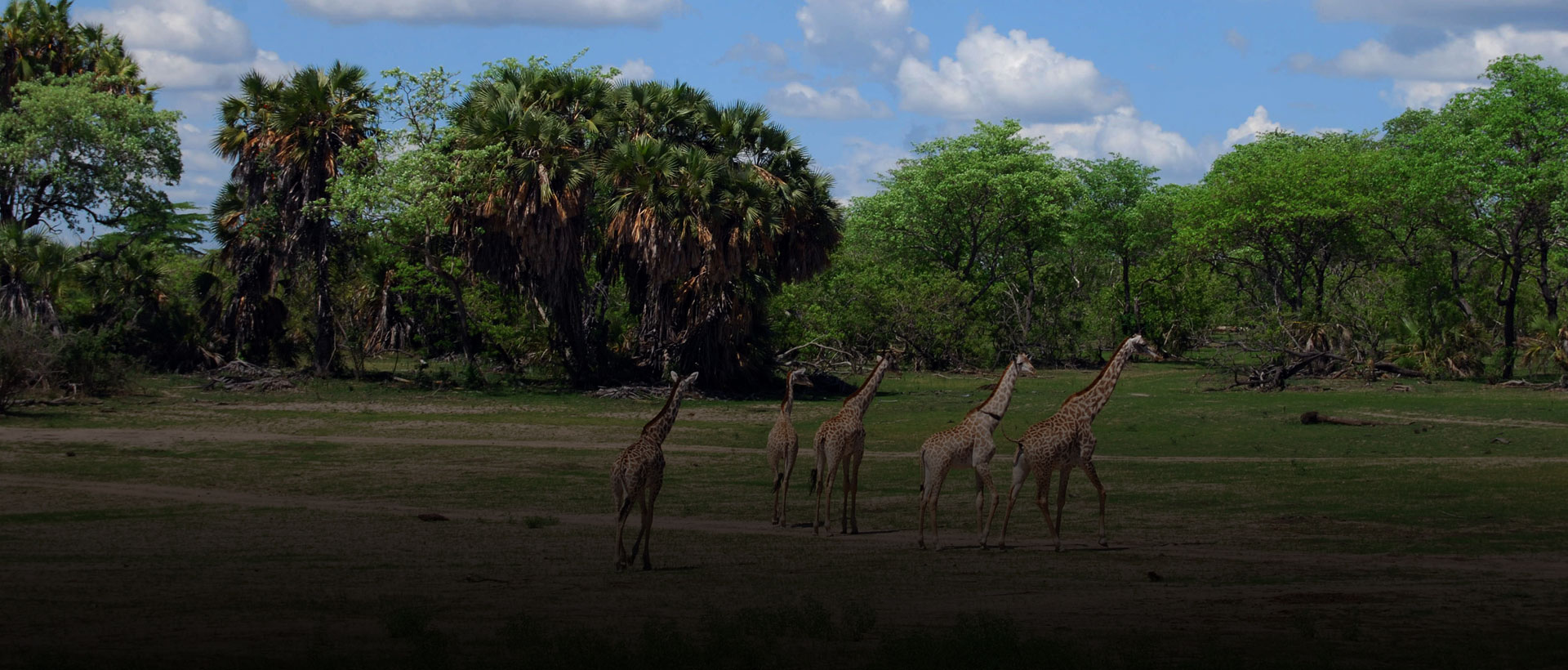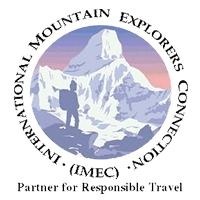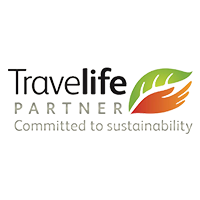
Tanzania Safari – FAQs
Tanzania Safari – FAQs
Tanzania has a reputation as the best country for wildlife safaris. Only in Tanzania will you experience the unparalleled National Parks.
Worry out. We will take care of everything: from picking you up at the airport to saying a final goodbye. However, you probably have many questions about the preparations for this fantastic trip.
Below we have gathered the answers to the most popular questions frequently asked by our tourists. However, if something important is missing, contact us. We are always here to help you.
What should I bring with me on safari?
We recommend comfortable light clothing for the day and something warmer for the evenings, which can be chilly in the northern highlands. Comfortable walking shoes are a must for those planning on walking in the parks (must be booked in advance). You will further need a hat, sunglasses and sunscreen.
Are there any restrictions for those wishing to visit National Parks?
There are no age restrictions for Park visitors. That said, one should be prepared to spend a considerable amount of time in a vehicle. Game drives usually take most of the day, beginning in the morning and ending just before the Park gates close at 6 PM, which could tax younger travellers. Therefore, we do not recommend taking children younger than 2 on safari. On the other hand, game drives can be tailored to suit any client’s personal preferences in terms of duration. There also are picnic spots, which give one an opportunity to stretch and enjoy the tranquillity of the African bush.
What is the duration of a safari?
The duration of any safari depends solely upon the client’s wishes. One can have a day’s game drive in one of the closer Parks, or opt for an extensive tour of several Parks, which could take 2 weeks or more. A day’s game drive usually lasts between 4 and 8 hours, with the rest of the day being spent at the lodge, all of which provide comfortable accommodation with Wi-Fi (although one should not expect to always have a fast connection), good food, and – in most cases – a swimming pool.
Is food available during a safari?
All our safari packages are sold on a full-board basis. Breakfasts are taken at the lodge, lunches come in the form of lunch boxes, which you can enjoy at one of the picnic spots within the Park, and dinners are once again taken at the lodge. A supply of water and soft drinks is always available in the car fridge, as well as tea, coffee and snacks (all included in the price of the tour).
How long are the drives between Parks?
The Parks of the North of Tanzania lie relatively close to each other, making for 2 to 3-hour drives in-between.
What is a safari guide?
Your driver during any safari with African Scenic Safaris USA is responsible for your safety and comfort for the duration of the tour. All our drivers are also professional wilderness guides, who will gladly share their knowledge of the African bush and its flora and fauna.
Are photo and video recording allowed on safari?
According to National Park regulations, all photo and video recording is allowed without the use of specialized equipment. This means that you may use any photo and video cameras. Permits must be obtained for any recording that may later be used commercially. This does not apply to images and videos that may later be used in social media. Drones can only be used with permits, which must be obtained in advance. The procedure for this is rather involved and the permits only issued for projects of high social value. Make sure to inform your Tour Manager of the need for such a permit well in advance in order to give us sufficient time for formalities.
Is it safe to bring children on safari?
Bringing children on safari is not only safe, but also highly educational and lots of fun for them. Seeing wild animals in their natural habitat, as opposed to a Zoo, is an experience that they shall carry with them through the rest of their lives. Just keep in mind that spending hours in a safari vehicle may be hard on children younger than 2.
Should I tip the safari driver?
Tipping is expected in Tanzania. We recommend $30-50 per every day of the safari per car, provided you are satisfied with the service.
What costs, apart from the actual price of the tour, could I expect to incur?
Your tour price does not include the following:
Visa fees;
Alcohol at hotels, unless specifically stated under all-inclusive rates;
Tips for climb crews and safari driver/guides. Crew tips for a Kilimanjaro climb average USD 250 per client. USD 30-50 per vehicle per day are the accepted norm.
Should I get a Tanzanian tourist visa in advance?
Citizens of the EU and USA can acquire entry visas at international airports in Tanzania as well as other border crossings. It is also possible to apply for the visa online through the Tanzania immigration website. Visa costs: generally USD 50 (USD 100 for citizens of the USA)
Who will meet me upon my arrival in Tanzania and what to do if I arrive at night?
One of our drivers will meet you with a sign bearing your/your group’s name at your airport of arrival regardless of the time of day.
What is the currency in Tanzania? Can I pay in foreign currencies?
The official currency of Tanzania is the Tanzanian Shilling, the Current rate of exchange is about TShs 2,200/US$1. You can also make cash payments in US$. Just keep in mind that notes issued before 2003 may not be accepted or accepted at a lower rate of exchange. You may also change Euros and some other major currencies, though preference is given to US$ and the rate of exchange for other currencies may not be favourable.
Is Tanzania safe for tourists?
In short - Tanzania is absolutely safe for tourists. Tourism provides a large part of the country’s foreign income and the local authorities take matters of security very seriously. Moreover, Tanzania is one of the most politically stable countries in the region and Tanzanians are very friendly as a people.
This said, some criminality does exist, just as it does everywhere else. We, therefore, recommend that you exercise common sense and follow the rules below:
Avoid the dangerous parts of any town- these are mentioned in most books and your guide will be happy to point them out.
How can I avoid contracting such tropical diseases as malaria, yellow fever, etc? What vaccinations do I need before travelling to Tanzania?
There have been no recorded cases of yellow fever in the country’s tourist regions (most of the country actually) in the last twenty years. However, when planning to visit the less-visited parts, it may be recommended that you get yellow fever vaccination two weeks before your planned travel date. This vaccination is effective for ten years.
The problem of malaria in Tanzania is greatly exaggerated. Not all species of mosquito carry malaria, to begin with, and contracting malaria is unlikely in most parts of the country.
Do I need travel insurance?
We highly recommend that you have your travel insurance regardless of what foreign country you may be visiting. If you are planning a Kilimanjaro climb, make sure that climbing emergencies are covered in your policy at height no less than 19,000 feet. If necessary your Tour Manager will assist with purchasing such insurance.






